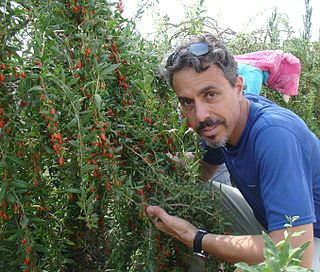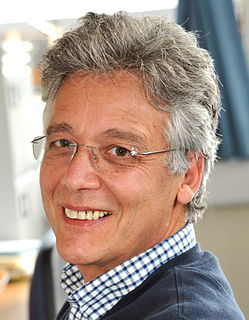A Quote by Tess Gerritsen
That's what falling in love really amounted to, your brain on drugs. Adrenaline and dopamine, oxytocin and serotonin. Chemical insanity, celebrated by poets.
Quote Topics
Related Quotes
It turns out that dopamine is a chemical on double duty in the brain. Along with its role in motor commands, it also serves as the main messenger in the reward systems, guiding a person toward food, drink, mates, and all things useful for survival. Because of its role in the reward system, imbalances in dopamine can trigger gambling, overeating, and drug addiction - behaviors that result from a reward system gone awry.
That's what I hate about the war on drugs. All day long we see those commercials: "Here's your brain, here's your brain on drugs", "Just Say No", "Why do you think they call it dope?" … And then the next commercial is [singing] "This Bud's for yooouuuu." C'mon, everybody, let's be hypocritical bastards. It's okay to drink your drug. We meant those other drugs. Those untaxed drugs. Those are the ones that are bad for you.




































